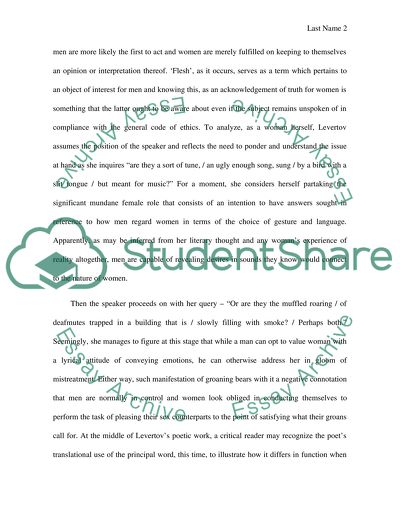Cite this document
(“The Mutes by Denise Levertov Essay Example | Topics and Well Written Essays - 1000 words”, n.d.)
Retrieved from https://studentshare.org/literature/1476648-denise-levertov-the-mutes
Retrieved from https://studentshare.org/literature/1476648-denise-levertov-the-mutes
(The Mutes by Denise Levertov Essay Example | Topics and Well Written Essays - 1000 Words)
https://studentshare.org/literature/1476648-denise-levertov-the-mutes.
https://studentshare.org/literature/1476648-denise-levertov-the-mutes.
“The Mutes by Denise Levertov Essay Example | Topics and Well Written Essays - 1000 Words”, n.d. https://studentshare.org/literature/1476648-denise-levertov-the-mutes.


